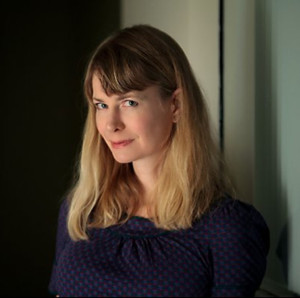 Now that my book, A Thousand Lives: The Untold Story of Hope, Deception, and Survival at Jonestown, is finished, I’d like to express my gratitude to the people who helped me with my research. Many Jonestown survivors spoke with me, spending hours, in some cases, flaking off old scabs as they remembered painful events and loved ones lost. Not every story made it into my book, but they all informed it and I’m grateful for their contribution.
Now that my book, A Thousand Lives: The Untold Story of Hope, Deception, and Survival at Jonestown, is finished, I’d like to express my gratitude to the people who helped me with my research. Many Jonestown survivors spoke with me, spending hours, in some cases, flaking off old scabs as they remembered painful events and loved ones lost. Not every story made it into my book, but they all informed it and I’m grateful for their contribution.
Likewise, I’m thankful for this website and all the resources which are available on it for everyone. The efforts of its managers – especially in securing the release of 50,000 pages from the FBI under the Freedom of Information Act – were crucial to my ability to complete this work. Their contribution to honoring the memory of the Jonestown settlers is beyond compare.
As I undertook this project, my goal was to question assumptions about the Jonestown massacre, and create a deeper empathy for Jones’ victims. I believe I’ve attained that goal. One early reader wrote that she’d never again use the term “drinking the Kool-Aid” again, which she now found offensive.
Wading through the FBI files was exhausting. It took me a year to read and organize them. Figuring out the narrative arc was also a challenge, but I became deeply attached to the group of people I followed through Jonestown. By reconstructing their daily travails and deceptions, I felt was somehow able to keep them company – at thirty years’ remove – during their darkest hours, to acknowledge their terror and powerlessness. Now that the book is done, I miss them. I think about Edith Roller, for example, whenever I shop at World Market, a store she also loved to frequent.
I had a lot of dreams – nightmares – about Jonestown. About trying to outwit Jim Jones into letting me leave. About standing in line with my children on that final night, desperately looking for escape route. About feeling trapped.
Ultimately, I want my book to honor the memory of the Jonestown dead. They were not “psychotic Kool-Aid drinkers” as respected cultural critic Susan Jacoby recently called them, but normal people – idealists, I’d argue – who were horribly betrayed by the man who claimed to love them most.